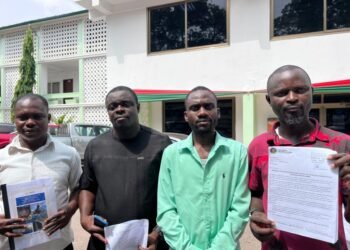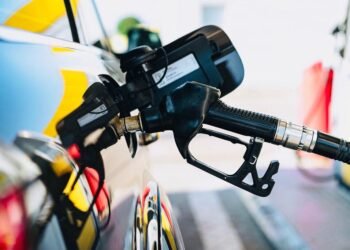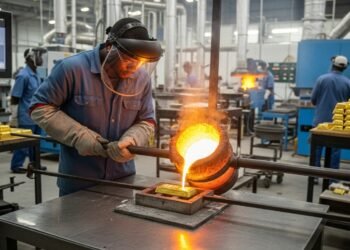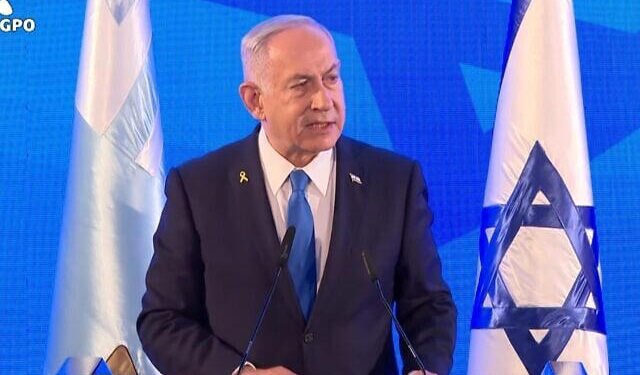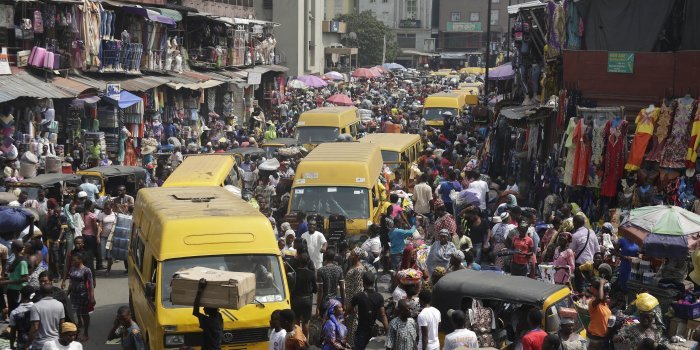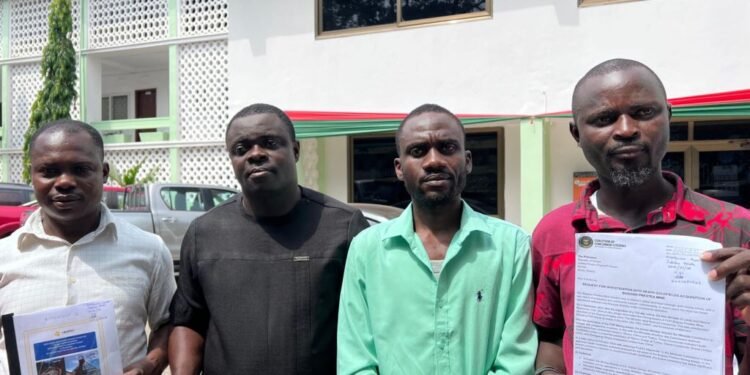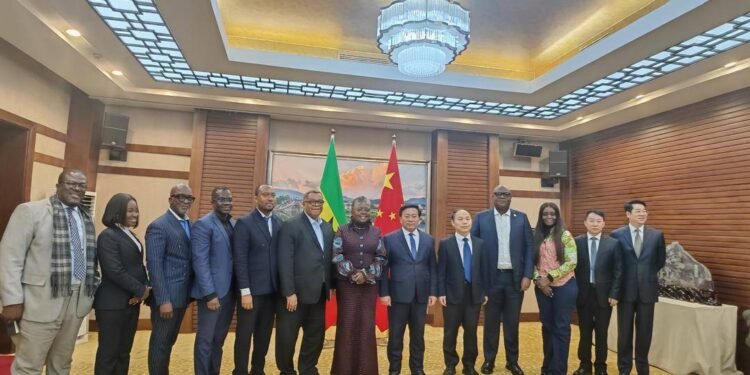On November 5, 2024, the IMANI Centre for Policy and Education hosted the annual IMANIFesto event, providing a platform for analyzing the policy commitments of Ghana’s leading political parties, specifically in the petroleum sector.
The event drew significant attention, with IMANI’s Senior Research Associate, Dennis Asare, presenting a comparative analysis of the manifestos of the New Patriotic Party (NPP), the National Democratic Congress (NDC), and the newly formed Movement for Change (MfC).
The New Patriotic Party (NPP) reaffirmed its commitment to expanding the Gold-for-Oil (G4O) program, a policy designed to leverage Ghana’s gold reserves in exchange for petroleum imports.
According to Dennis Asare, the G4O program, which currently covers approximately 30% of the market demand, “is actually insufficient in reducing prices substantially.”
Asare noted that although the program alleviates some pressure on Ghana’s foreign exchange reserves, the benefits to consumers are limited due to the scale of the program and other external market factors.
“The decline in petroleum prices is not solely due to the Gold-for-Oil program; it is partly due to stability in global petroleum markets and a relative leveling of international prices over the past year,” Asare observed.
He highlighted that despite the G4O program, petroleum prices remain high due to Ghana’s exchange rate instability and additional taxes on petroleum products, which together mitigate the effects of the program.
NDC’s Approach: Exploration and Cylinder Recirculation Model

The National Democratic Congress (NDC) emphasized its commitment to increasing exploration activities, positioning this as a way to enhance petroleum self-sufficiency and reduce Ghana’s dependence on imports.
A central feature of the NDC’s manifesto includes a comprehensive review of the cylinder recirculation model, which they argue could restrict access to Liquefied Petroleum Gas (LPG) and disadvantage local businesses.
Asare highlighted that the NDC’s model aims to address safety and supply chain issues but could inadvertently impact smaller LPG retailers.
Another focus of the NDC’s policy is on reducing LPG costs, which have seen a steady rise on the global market.
“While global prices for LPG have increased by over $200 per metric ton between 2022 and 2024, local taxes on LPG account for about 8% of pump prices.”
He suggested that addressing exchange rate pressures and tax adjustments could help reduce LPG prices more effectively than a shift in the distribution model alone.
Movement for Change (MfC): Local Content and a Petroleum Hub Vision
The Movement for Change, a new political player, has proposed a focus on enhancing local content within Ghana’s petroleum sector.
Their policy aims to foster economic independence by prioritizing the development of a local workforce, alongside investments in an oil and gas processing hub in Ghana’s Western Region.
Asare revealed that “this petroleum hub is being worked on, in the western region.”
The varying policy stances reveal significant implications for the future of Ghana’s petroleum sector. Each party’s policies address key challenges, such as foreign exchange pressures, price stabilization, and local content.
However, as Asare pointed out, the outcomes of these policies will depend heavily on external factors, including global oil prices and exchange rates, as well as government commitment to policy transparency and regulatory clarity.
As Ghana’s petroleum sector faces global market fluctuations and domestic economic challenges, each party’s proposed policies offer potential solutions but come with trade-offs.
IMANI’s analysis sheds light on the importance of regulatory consistency, investor confidence, and the careful balancing of local and global factors. With the 2024 elections approaching, the clarity and feasibility of these policy commitments will be key in shaping Ghana’s energy future and economic stability.
READ ALSO: IMANI Analysis Unveils Vague Political Parties’ Promises




